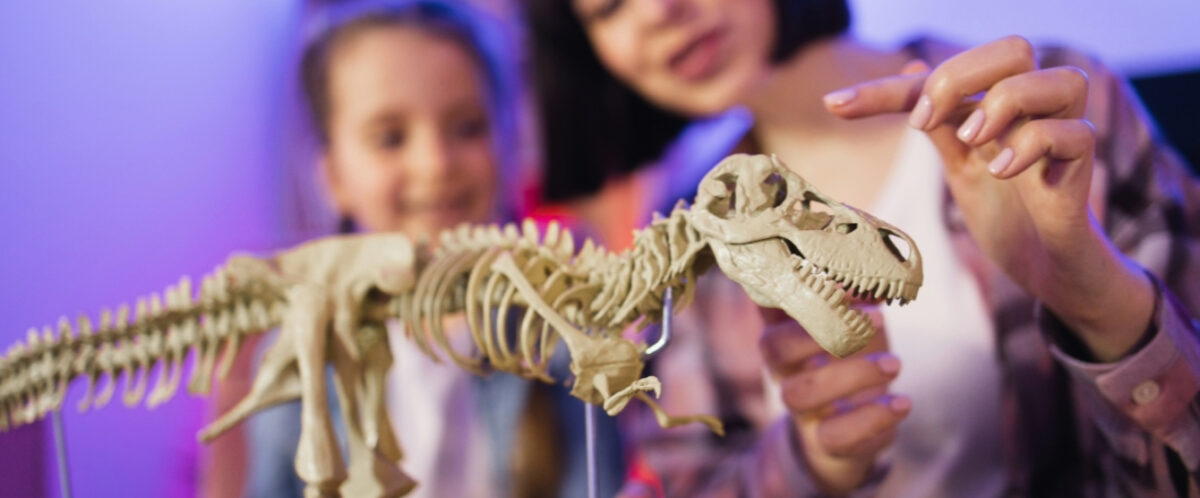Studying ancient civilizations provides a fascinating window into the past and a deeper understanding of how human societies have evolved over thousands of years. By examining the achievements, cultures, and daily lives of people from different eras, we can gain insights into the foundations of modern society. Ancient civilizations like Egypt, Mesopotamia, Greece, and Rome […]


